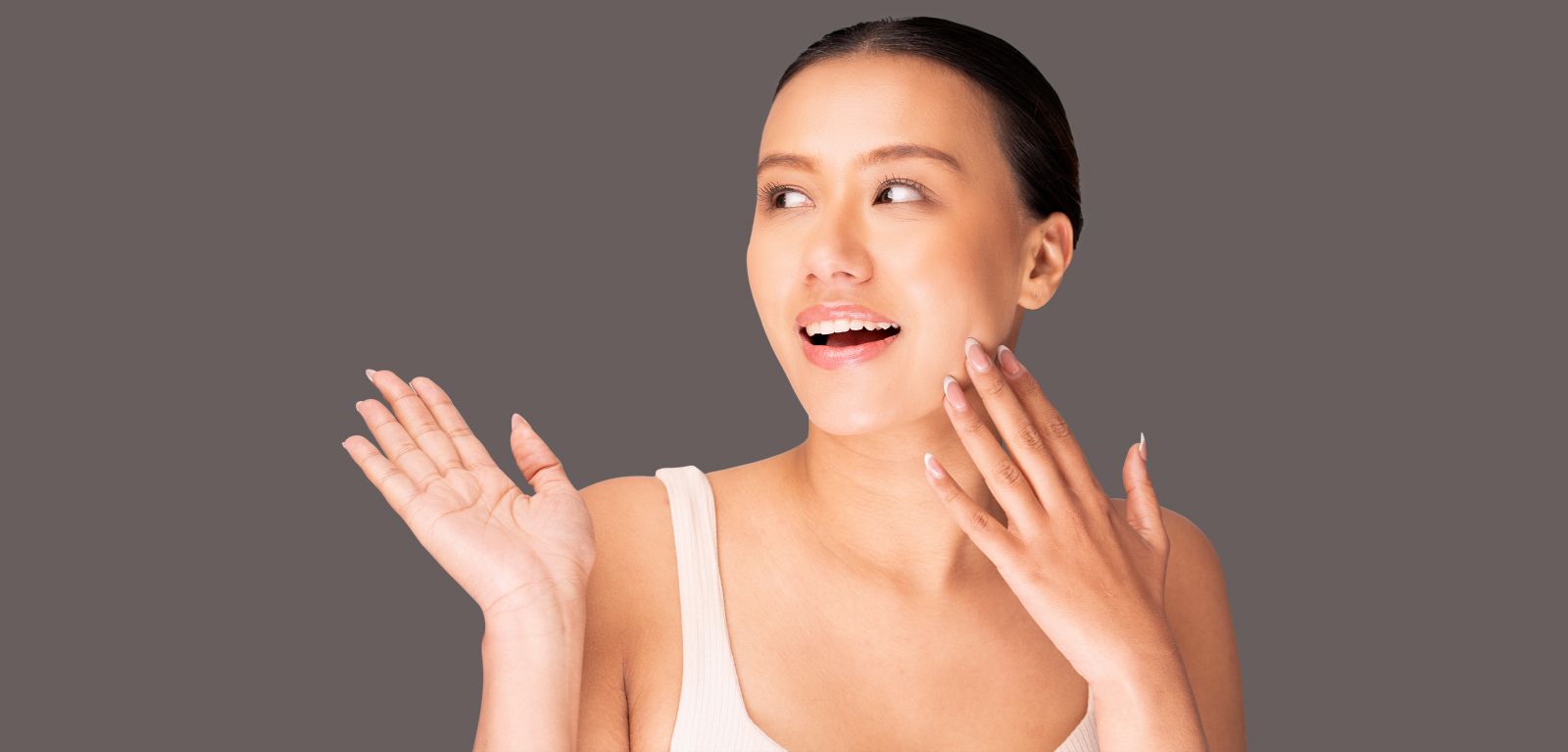Acne.

Overview
Acne, commonly known as pimples, is a widespread skin condition. It occurs when the pores of your skin become clogged with oil, dead skin cells, or an overgrowth of normal skin bacteria. The skin pores are connected to follicles, which consist of a hair and an oil gland that produces sebum (oil). If any part of this process goes wrong, it can lead to the development of acne.
Cause
The exact cause of acne is not fully understood, but several factors are believed to contribute, including:
- Overproduction of oil
- Blocked pores
- Skin pressure or friction
- Hormonal imbalances
- Acne-causing bacteria
- Stress levels
- Immune response and inflammation.
Symptoms
Acne manifests in various forms, frequently appearing on the face, forehead, chest, shoulders, neck, or back. The lesions can include:
- Blackheads
- Whiteheads
- Painful red spots or swelling
- Small red bumps with white centers
- Red, pus-filled swellings
- Inflamed, painful nodules or cysts
Factors Affecting Acne
The appropriate acne treatment plan depends on various factors, including:
- The type of acne (blackheads, pimples, etc.
- Location of acne on the skin
- Previous treatment attempts
- Onset of breakouts
- Age
- Presence of dark spots or scars.
Treatment options
Topical
- Retinoids
- Antibiotics
Oral
- Antibiotic tablets
- Retinoids
- Hormonal therapies
Procedures
- Light therapy
- Chemical peel
- Steroid injection
Home Care for Acne
-
Use sun protection
-
Wash face gently with mild soap or cleanser and lukewarm water
-
Avoid touching or popping acne lesions
-
Avoid oil-based cosmetics
-
Stay away from greasy products on skin and scalp
-
Regularly remove makeup
-
Exercise to reduce stress
-
Keep hair, hands and devices off face
-
Limit consumption of carb-rich foods that may trigger acne.
Acne Series Video
FAQs
What type of skin is acne prone?
People with oily skin are more prone to enlarged pores, acne blemishes, blackheads, and whiteheads.
Does stress cause acne?
Your hormones may be altered by stress, which can lead to acne. It might make already existing acne worse. It's like
making an already damaging situation worse by adding another bad.
Does diet have any affect on acne?
Studies suggest that a low-glycemic diet can help reduce acne. This can include fresh vegetables, fresh fruits, beans,
and oats. Avoid carbohydrate rich foods, such as bread, doughnuts and chips.
What acne treatments are right and best for me?
There are several treatment options available. Treatment for acne depends on its severity. For mild to moderate
acne, a combination of a topical cream or gel containing either a retinoid or benzoyl peroxide along with a topical
antibiotic is effective. For inflammatory acne, an oral antibiotic may be added. Severe cases of acne may be treated
with the drug isotretinoin.
Will my acne ever go away?
Almost all acne can be successfully treated. However, it can take several months of treatment for acne symptoms to
improve.
best natural results
Elara has expertise in technological advances & their suitability, and adaptability to different subjects.
We strive to treat our patients with high quality affordable & excellent Skin and laser treatments. You will get that natural touch of treatment that you will hardly get anywhere with us.
We strive to treat our patients with high quality affordable & excellent Skin and laser treatments. You will get that natural touch of treatment that you will hardly get anywhere with us.
